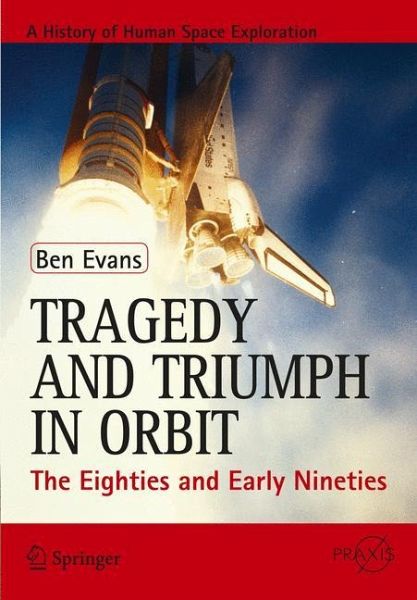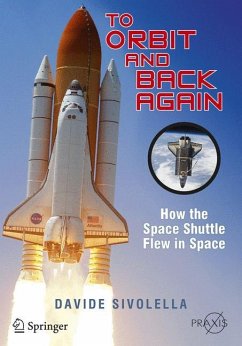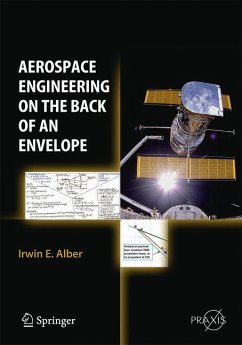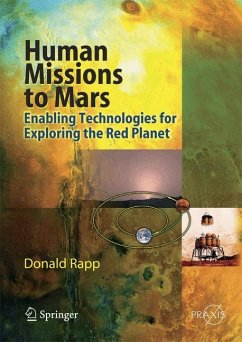
Tragedy and Triumph in Orbit
The Eighties and Early Nineties

PAYBACK Punkte
22 °P sammeln!
April 12, 2011 is the 50th anniversary of Yuri Gagarin's pioneering journey into space. To commemorate this momentous achievement, Springer-Praxis is producing a mini series of books that reveals how humanity's knowledge of flying, working, and living in space has grown in the last half century."Tragedy and Triumph" focuses on the 1980s and early 1990s, a time when relations between the United States and the Soviet Union swung like a pendulum between harmony and outright hostility. The glorious achievements of the shuttle were violently arrested by the devastating loss of Challenger in 1986, w...
April 12, 2011 is the 50th anniversary of Yuri Gagarin's pioneering journey into space. To commemorate this momentous achievement, Springer-Praxis is producing a mini series of books that reveals how humanity's knowledge of flying, working, and living in space has grown in the last half century.
"Tragedy and Triumph" focuses on the 1980s and early 1990s, a time when relations between the United States and the Soviet Union swung like a pendulum between harmony and outright hostility. The glorious achievements of the shuttle were violently arrested by the devastating loss of Challenger in 1986, while the Soviet program appeared to prosper with the last Salyut and the next-generation Mir orbital station. This book explores the continued rivalry between the two superpowers during this period, with each attempting to outdo the other - the Americans keen to build a space station, the Soviets keen to build a space shuttle - and places their efforts in the context of a bitterly divisive decade, which ultimately led them into partnership.
"Tragedy and Triumph" focuses on the 1980s and early 1990s, a time when relations between the United States and the Soviet Union swung like a pendulum between harmony and outright hostility. The glorious achievements of the shuttle were violently arrested by the devastating loss of Challenger in 1986, while the Soviet program appeared to prosper with the last Salyut and the next-generation Mir orbital station. This book explores the continued rivalry between the two superpowers during this period, with each attempting to outdo the other - the Americans keen to build a space station, the Soviets keen to build a space shuttle - and places their efforts in the context of a bitterly divisive decade, which ultimately led them into partnership.














